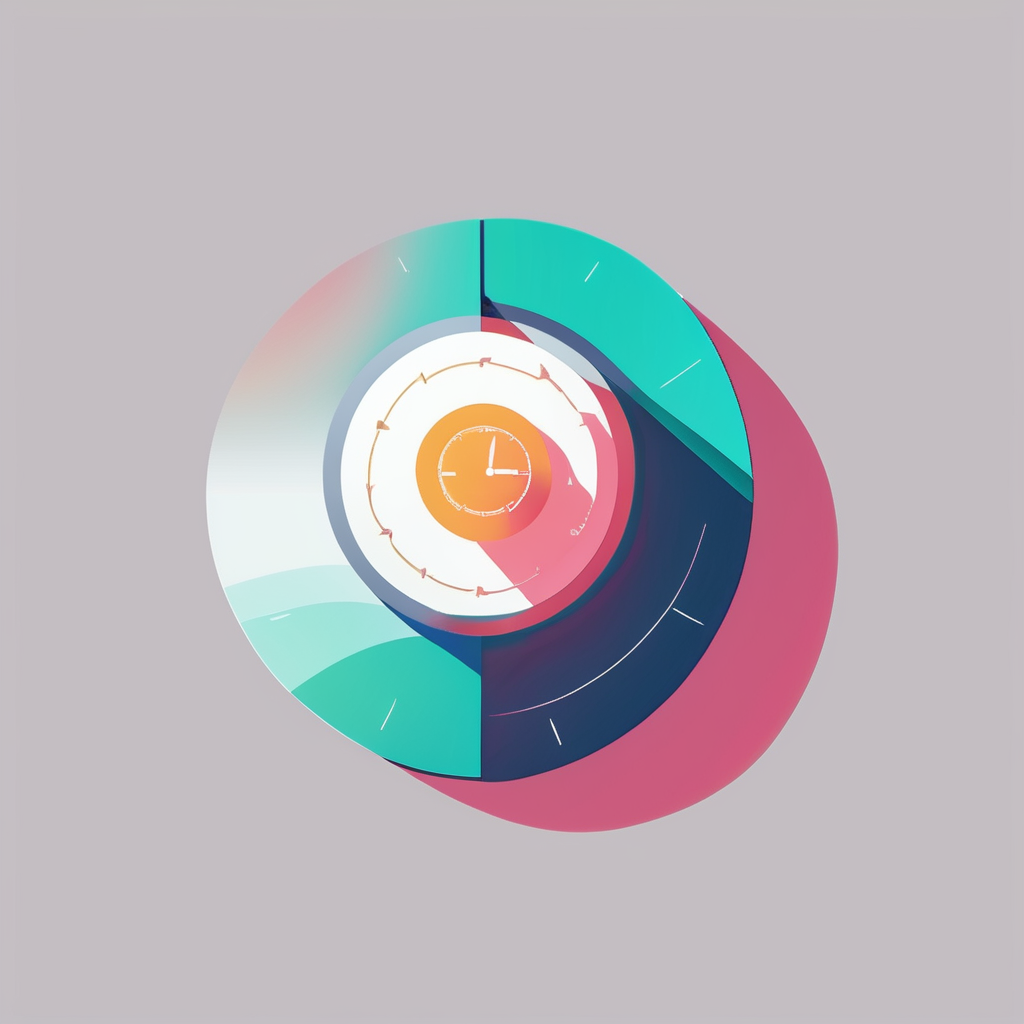Predicted Technological Advances Affecting Pet Ownership
The surge in pet technology trends UK is revolutionizing how owners care for their animals. Smart pet devices like health trackers and automatic feeders are increasingly popular, offering precise monitoring of pets’ activity levels, diet, and overall wellbeing. These devices enable early detection of health issues and help maintain consistent feeding schedules, crucial for pets with special dietary needs.
Telehealth has become another transformative innovation. UK pet owners now access veterinary consultations remotely, reducing stress for animals and owners alike while providing timely medical advice. This advancement in tech in pet care enhances accessibility, especially in rural areas or during busy schedules.
Also read : How Can Pet Ownership Benefit Emotional Well-being in the UK Today?
Adoption rates of smart pet devices continue to climb, driven by their ease of use and tangible benefits to pet wellbeing. The combination of wearable tech and telehealth demonstrates how pet technology trends UK improve pet health management and strengthen the bond between owners and their companions, setting new standards for care in the digital age.
Changing Legislation and UK Pet Ownership Policies
Recent UK pet laws are reshaping ownership by emphasizing animal welfare legislation and stricter controls on breeding and sales. A key focus is tackling unethical breeding practices through tighter regulations that mandate health checks and limit puppy farming. This protects animals from exploitation and promotes healthier pets.
Also read : How do UK pet owners cope with pet allergies?
Efforts to enhance responsible ownership involve mandatory education and awareness campaigns. Owners are increasingly required to understand their duties, including appropriate housing, nutrition, and socialisation. These legal changes ensure pets’ physical and psychological wellbeing is prioritised.
Government bodies collaborate closely with advocacy groups to ensure legislation reflects public concern for animal rights. Enforcement mechanisms are being strengthened, with harsher penalties for violations to encourage compliance. This partnership improves the monitoring of pet trade and animal care standards nationwide.
In sum, evolving UK pet laws align with growing public demand for better treatment of animals. By advancing animal welfare legislation and encouraging responsible ownership, the UK sets a protective framework that benefits pets and owners alike while shaping future regulations.




